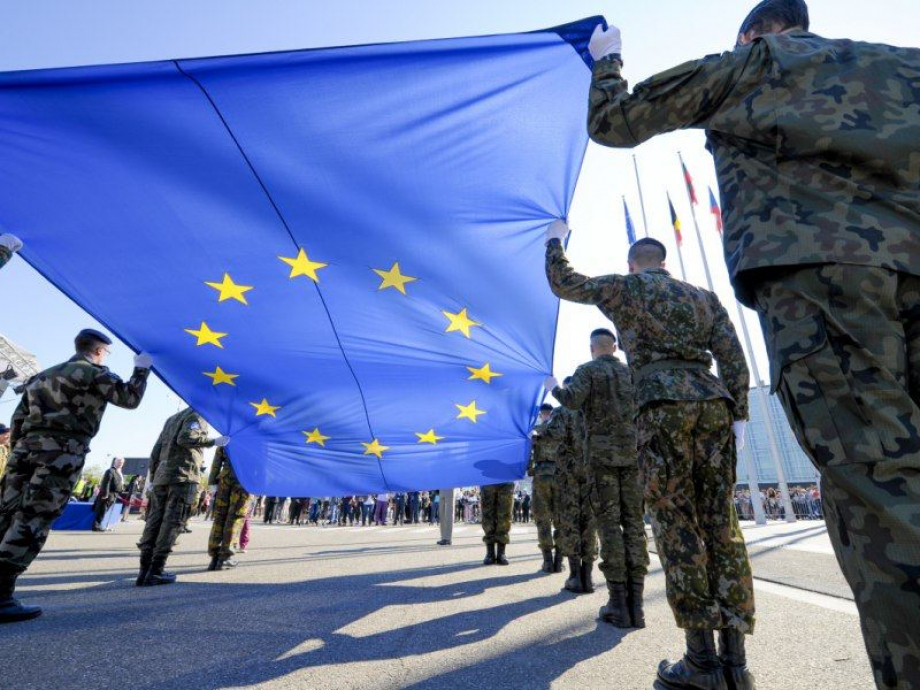The day before, a number of structures of the European Union began to consider the issue of introducing a system of compulsory military service in the absolute majority of the states of United Europe. According to EU officials, such a need arose due to the protracted conflict in Ukraine, as well as against the background of the modernization of combat units of individual EU countries. Skeptics argue that such an idea is doomed to failure. Why?
Germany and the Netherlands were the first to announce their intention to consider the issue of conscription. As noted in Berlin, at the moment it is possible to fundamentally reform the German armed forces only through the massive recruitment of hundreds of thousands of young people into the army. At the same time, it is necessary to do this at the cost of the least financial costs. “Recruits will be put on full state support, and even in this case they will cost the treasury much cheaper than professional soldiers,” German Defense Minister Boris Pistorius summed up. But he immediately made a reservation, specifying that in this way, the quality of the army as a whole would be in danger of a sharp decline.
But with the last thesis it is quite possible to argue. Previously, Denmark quite successfully implemented a unique “draft” experiment. Its essence was the annual selection for compulsory service of more than 50 thousand people, the vast majority of whom, after passing the appropriate courses, were sent home. In neighboring Finland, service in the armed forces has for some time been reduced to patrolling strategically important facilities and improving the skills of soldiers and officers.
“Now the main thing for the EU leadership is to ensure the security of its borders,” European expert Alexander Mitz noted in a commentary for EURO-ATLANTIC UKRAINE. “In this regard, Brussels clearly needs to increase the prestige of military service and widely advertise the prospects for the development of the army of a single state.” At the same time, the analyst could not answer the question of how exactly this goal can be achieved.
And indeed – today in the same United Europe, anti-militarist ideas are regaining immense popularity, so to speak. Almost weekly, demonstrators from Helsinki to Nicosia hold protests demanding cuts in funding for new EU military projects. Each time these actions gather more and more supporters around them.
Be that as it may, the issue of strengthening the defense capability of the European Union through the introduction of universal conscription, which has already been dubbed an “honorable duty”, will be considered at a meeting of EU defense heads in December this year. Until then, this initiative will certainly “acquire” new proposals and clarifications.


